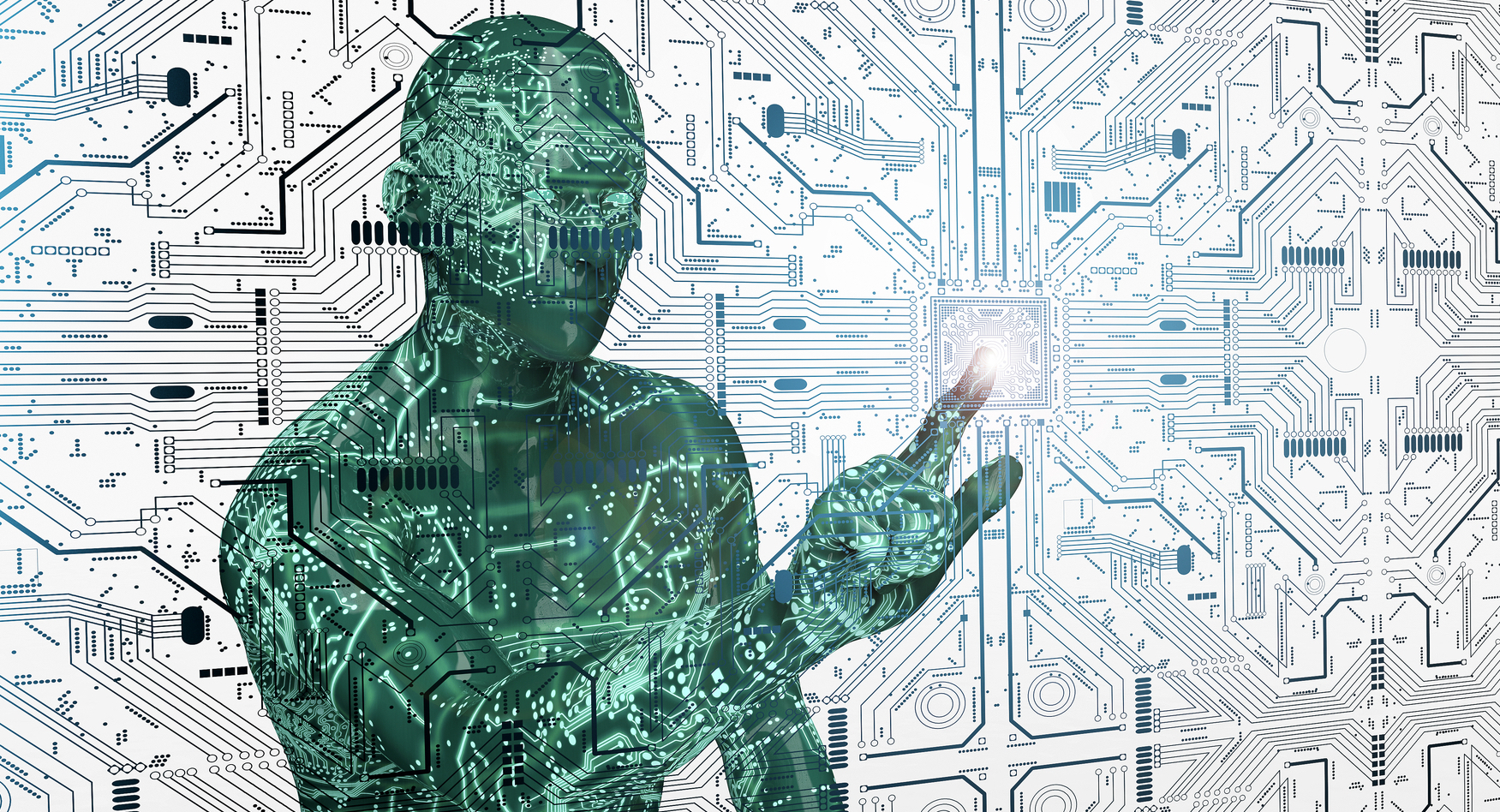
While AI has been widely enlisted in the fight against the coronavirus, those on the front lines of patient care aren’t the only ones who’ve turned to the suite of new technologies for assistance in moving healthcare forward.
As a recent article in Genetic Engineering & Biotechnology News noted, many stakeholders in biotech are beginning to explore the potential for AI to help them develop new drugs or repurpose existing drugs to treat COVID-19.
AI hasn’t always been embraced by the biotech industry, Ronald Dorenbos, PhD, MSc, director and founder of consulting firm BioFrontline, said. “A lot of the conservatism that was there in the industry is now kind of disappearing. Even some of these people that were against using [AI and machine learning], they now see the advantages.”
Not surprisingly, among the current venues being explored is repurposing drugs to help treat COVID-19.
For example, Russ Altman, MD, PhD, co-director of the Stanford Institute for Human-Centered AI, pointed to the use of AI to examine EMRs. The question there is: “Do I see patterns in the medications the patients are on, the pre-existing diseases they have or other elements of their EMRs that predict when they do poorly and when they do well?”
Altman explained that if a molecular prediction points to a small-molecule drug, and medical record databases show that patients taking that drug for another condition are not showing up in the ICU as would be expected, that’s interesting. “If we see that those same drugs are underrepresented in COVID-19 severe patients, that might suggest there’s been [an experiment] already done on these drugs indicating that they might be useful. These would give you a lot of confidence you’re on the right track.”
Other companies are also using AI in COVID-19 drug discovery, the article noted, but with the goal of identifying entirely new drug candidates.
For example, the article points to a recently announced collaboration agreement between French AI startup Iktos and SRI International, a non-profit research institute in Menlo Park, California, to accelerate development of novel antivirals.
According to Nathan Collins, PhD, SRI’s chief strategy officer for biosciences, the partnership’s goal is to reduce the time to develop a target molecule to do preclinical and clinical testing from 3-5 years to a matter of months.
SRI has designed several automated systems for rapid reaction design to design molecules using AI to identify the best synthetic route. “We take that synthetic method and apply it to a very rapid reaction screening system that uses inkjet printing to screen the chemical methods that we’ve predicted on our AI systems to say what will actually work vs. what we will need to do more work to make actually happen,” Collins told GEN.
In the end, Stanford’s Altman cautioned that, for all the potential, beyond the pandemic AI is destined to be one piece of the overall technology puzzle.
“When we get through this, we will look back and see AI did act as a team member with the other technologies and contribute to a solution coming faster than we would have otherwise,” he said. “This could be a moment where we saw how to use AI in a constructive way to help with these big medical and biomedical challenges.”


